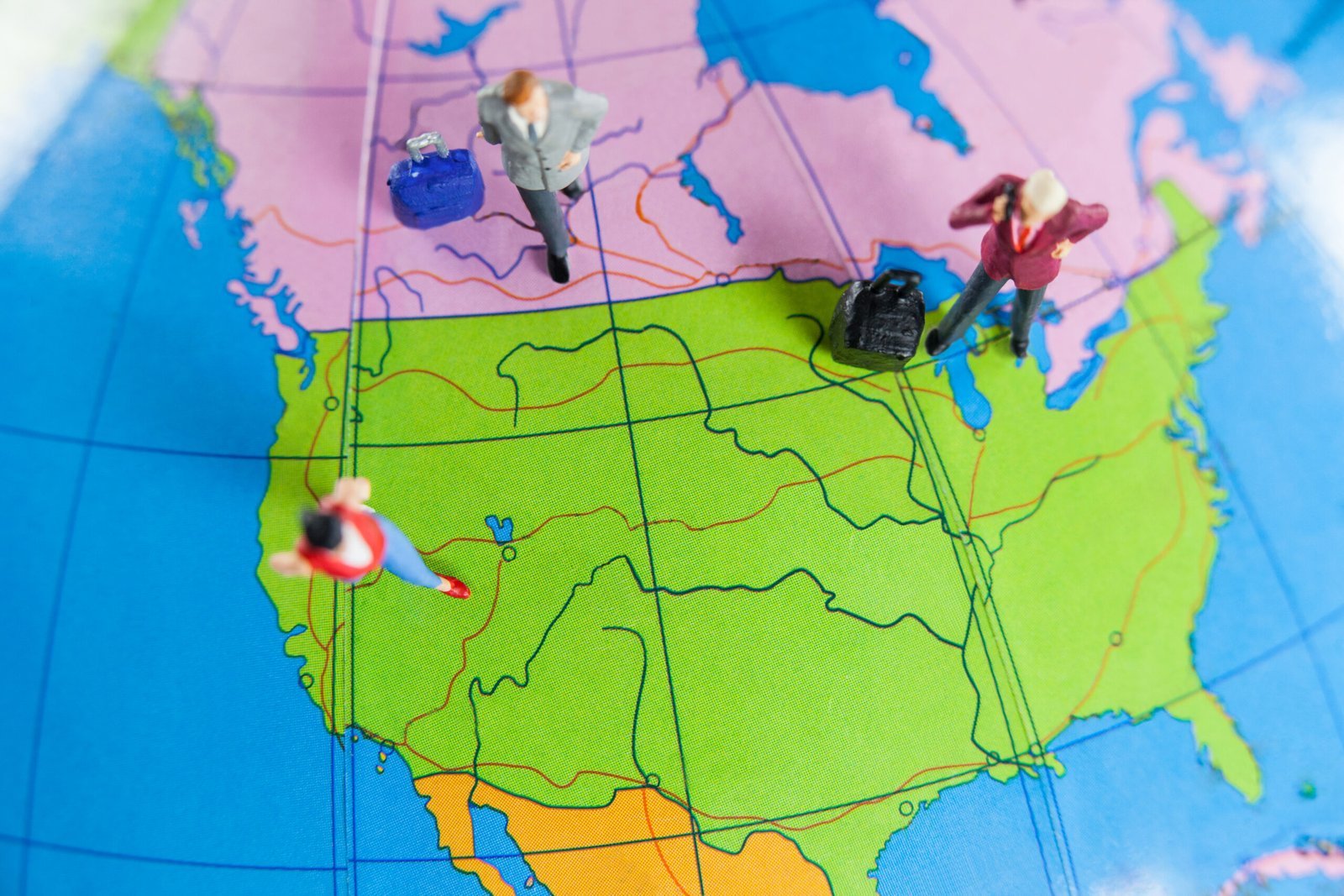In recent weeks, President-elect Donald Trump has suggested that Canada should become the 51st state of the United States.
This idea has sparked significant discussion and debate on both sides of the border.
Trump’s Statement and Economic Pressure
During a press conference at his Mar-a-Lago resort, Trump mentioned the possibility of using “economic force” to encourage Canada to join the U.S.
He highlighted Canada’s trade surplus with the United States and proposed a 25% tariff on Canadian imports as a means to address this imbalance.
Trump: “Why Are We Losing $200 Billion?”
Canadian Leaders’ Firm Rejection
Canadian Prime Minister Justin Trudeau responded strongly, stating there was “not a snowball’s chance in hell” that Canada would become part of the United States.
He emphasized Canada’s independence and the mutual benefits of the existing trading and security partnership between the two nations.
Ontario Premiere Doug Ford also dismissed Trump’s proposal, suggesting humorously that Canada could consider purchasing U.S. states like Alaska and Minnesota instead. He reaffirmed Canada’s sovereignty and criticized the idea of annexation.
Read More about Canada’s counter offer for Trump
Public Reaction and Media Coverage
Trump’s comments have led to a range of reactions among Canadians, from viewing them as jokes to expressing serious concern. Some Canadian officials initially interpreted the remarks humorously, but the persistence of the statements has led to more formal rejections.
Potential Implications of Annexation
The idea of Canada becoming the 51st state is met with significant skepticism from many Canadians and leaders alike. It’s interesting to consider the potential implications:
- Economic Integration: Merging the two economies would require significant adjustments in trade policies, taxation, and regulatory standards.
- Political Representation: Canada would need to be represented under U.S. political institutions, potentially altering the balance of power in Congress.
- Cultural Identity: Canadians have a distinct cultural identity, and annexation could lead to concerns about preserving their heritage and values.
Conclusion
While President-elect Trump’s suggestion has garnered attention, the strong rejections from Canadian leaders and the complexities involved make the prospect of Canada becoming the 51st state highly improbable. The longstanding partnership between the two nations is likely to continue based on mutual respect and cooperation.








